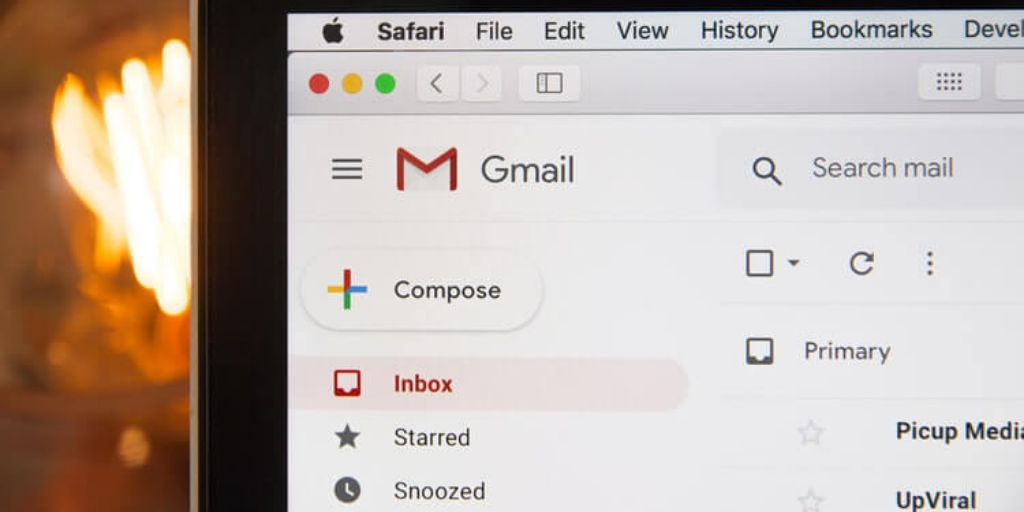The phrase “To Whom It May Concern” might feel like a safe fallback when you don’t know who to address — but in today’s professional world, it can come off as outdated or impersonal if used in the wrong context.
This article breaks down when it’s okay to use “To Whom It May Concern,” when you should avoid it, how to replace it with better alternatives, and how to write it correctly with real-life examples.
✅ When Should You Use “To Whom It May Concern”?
Use it when you genuinely don’t know the name or specific role of the person you’re writing to, and when it’s not easy to find out.
Here are a few situations where “To Whom It May Concern” is still acceptable:
-
Writing a general letter of recommendation for future use
-
Sending a complaint or feedback to a company when no contact is listed
-
Applying to a general job posting without a listed hiring manager
-
Requesting information from an organization or department (e.g., a government office)
If you’re reaching out to a real person, though — try to find their name.
❌ When NOT to Use It
Avoid “To Whom It May Concern” in these situations:
-
You can easily find the recipient’s name via LinkedIn or the company website
-
You’re applying for a job with a listed hiring manager
-
You’re contacting someone via email and already have their name
-
You want to come across as personable, modern, and detail-oriented
✍️ Alternatives to “To Whom It May Concern”
Using a more specific salutation shows you’ve done your research. Here are better options:
-
Dear Hiring Manager
-
Dear [Job Title] (e.g., Dear Marketing Director)
-
Dear [Department] Team (e.g., Dear Customer Service Team)
-
Dear [Company Name] Recruitment Team
-
Dear [First and Last Name] (if you found their name)
If you’re still unsure, something like “Dear Team” or “Dear [Company Name] Representative” is often more modern and acceptable.
📌 How to Write “To Whom It May Concern” Correctly

If you’re going to use this phrase, it’s important to format it professionally — especially if you’re writing a formal letter or email. Here’s how to do it right:
✅ Formatting Rules:
-
Capitalize the first letter of every word:
To Whom It May Concern -
Use a colon (:), not a comma, after the phrase
-
Double-space before starting your letter or message
-
Use a standard font and size (like Times New Roman or Arial, 11–12 pt) if it’s a document
📄 Example in a Letter:
To Whom It May Concern:
I am writing to recommend Alex Martinez for any future opportunities your organization may have. During his time at our company…
💻 Example in an Email:
Subject: Recommendation for Alex Martinez
To Whom It May Concern:
I had the pleasure of managing Alex for two years at FutureTech, where he consistently delivered outstanding work as a junior developer…
✍️ In a Formal Document (PDF/Word):
If you’re writing a reference letter or official statement, place “To Whom It May Concern:” on its own line, aligned to the left, with a space before the rest of the content.
Correct:
To Whom It May Concern:
Please accept this letter as a formal character reference for Jordan Lee…
Incorrect Examples to Avoid:
-
to whom it may concern,← Too casual, incorrect punctuation and capitalization -
To whom it may concern:← Missing proper capitalization -
Dear To Whom It May Concern:← Mixes styles awkwardly
✉️ Examples of “To Whom It May Concern” in Use
1. General Letter of Recommendation
To Whom It May Concern:
I am writing to recommend Jane Doe for any position requiring a dedicated and results-oriented project manager. During her time at our company, Jane consistently exceeded expectations…
2. Complaint to a Company
To Whom It May Concern:
I recently purchased a product from your online store and experienced significant issues with the delivery and packaging. I’d like to formally request…
3. Reference Letter for a Former Employee
To Whom It May Concern:
It is my pleasure to provide a reference for Michael Carter, who worked under my supervision at Delta Technologies from 2020 to 2023…
🔍 Final Tips
-
Do a quick LinkedIn or company website search before defaulting to a generic greeting
-
Only use “To Whom It May Concern” when you’ve exhausted other options
-
Choose an alternative if you want to sound more modern and personable
🧠 TL;DR
“To Whom It May Concern” still has its place — but it’s best used sparingly and strategically. If you want to make a great impression, go the extra mile to personalize your greeting.




